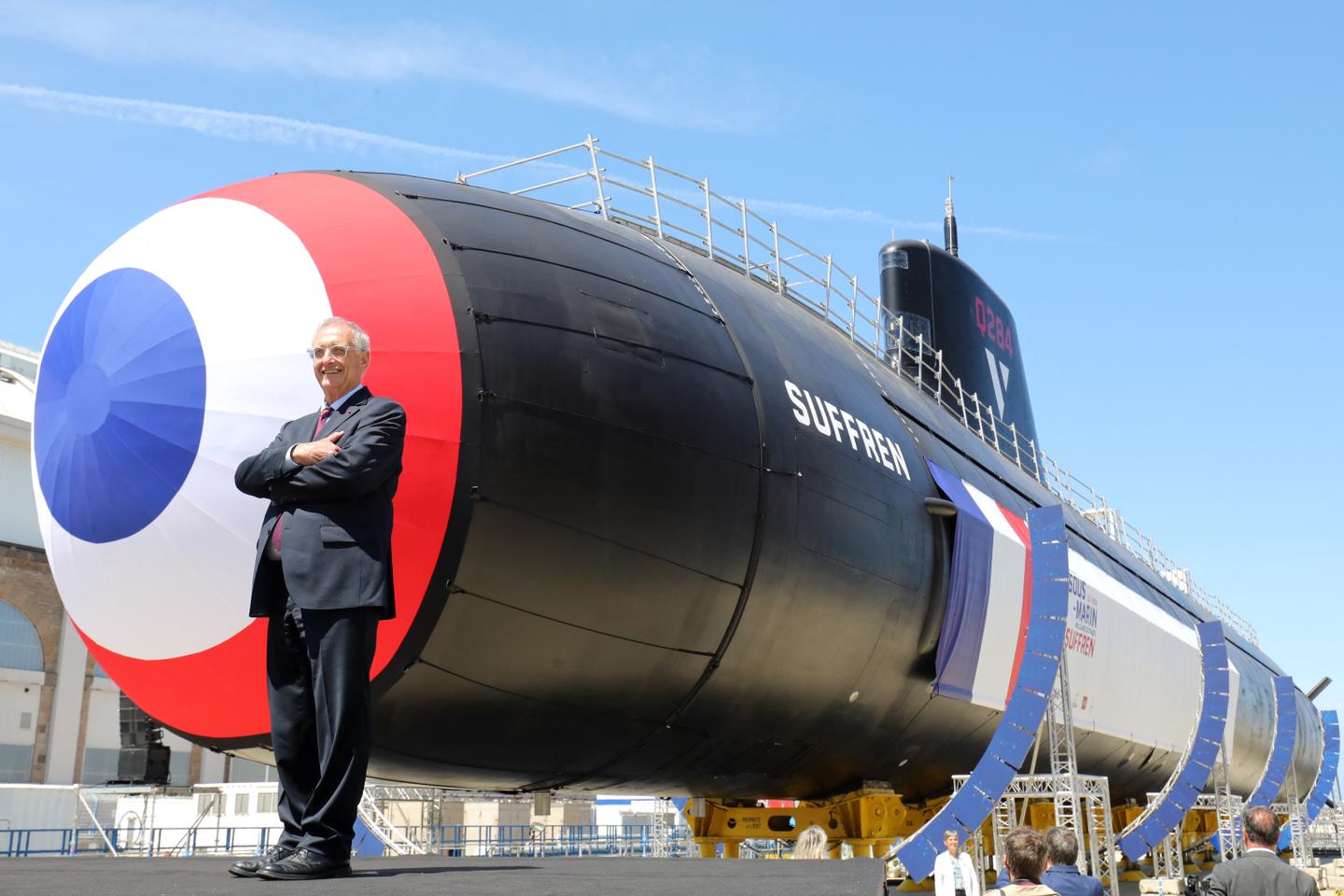


There is relief and satisfaction at Naval Group. After seven years of negotiations followed by six months of uncertainty, the French group's CEO, Pierre Éric Pommellet and the Dutch secretary of state for defense, Gijs Tuinman, signed the contract to deliver four Barracuda submarines to the Netherlands for around €5 billion on Monday, September 30. They will replace the Walrus-class vessels, which will be retired over the next decade.
Naval Group, allied with the Dutch Royal IHC, fought hard to win the contract from Sweden's Saab Kockums, in association with local shipbuilder Damen, and above all from Germany's ThyssenKrupp Marine Systems (TKMS), the French group's long-standing competitor. The Kiel-based group's appeal was rejected in July so it had no effect on the outcome. Nor did the change of government in The Hague, which left the contract uncertain for a time.
"Naval Group has extensive experience in submarine construction, and the Dutch maritime industry has unique and specialized knowledge," said Tuinman. These diesel-electric Barracudas will be built in Cherbourg (Manche), on the same site as the nuclear version destined for the French navy; but many key components will be manufactured in the Netherlands as part of a 20-year partnership with local manufacturers and scientific institutes. The Dutch are determined to maintain both industrial expertise and "strategic autonomy" throughout the submarine's life cycle.
Melting ice
The choice of a 3,000-ton "expeditionary" vessel speaks volumes about the Netherlands' ambitions. Extremely quiet, and carrying powerful, multi-purpose weapons (attack, detection, intelligence, mine clearance, etc.), the Barracuda can be deployed in all the world's oceans, and for long periods – features not found on the Walrus. Innovative lithium-ion battery technology from Saft, a subsidiary of TotalEnergies, enables the Barracuda to remain underwater for longer periods, while the ability to fire American Tomahawk missiles seems to have made the difference.
For its part, Canada has just launched a huge call for tenders for "a maximum" of 12 conventionally-powered submarines capable of sailing under pack ice. As a NATO member, and with the longest coastline in the world, Canada wants to do more than simply replace the submarines it acquired from the UK in the late 1990s. The geostrategic context is conducive to this: Melting ice is making polar routes strategic in military and commercial terms, at a time when Russia and China are stepping up their presence in the Arctic zone.
You have 55.47% of this article left to read. The rest is for subscribers only.
